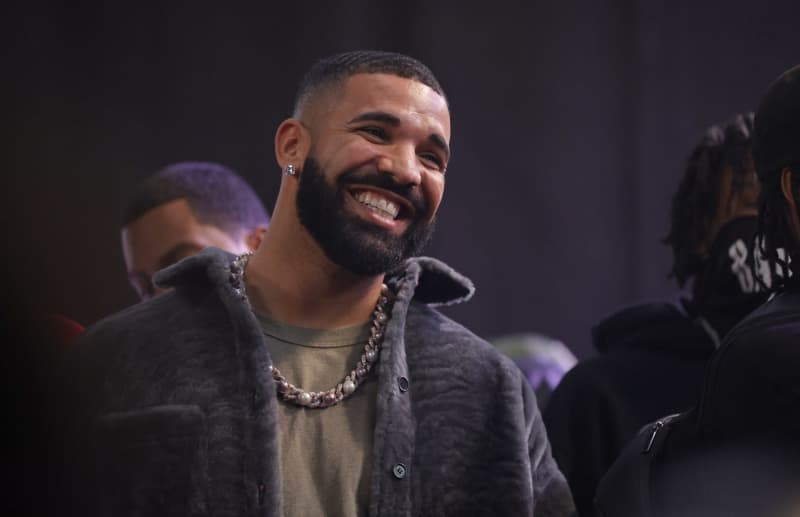
Both copyright and related rights related to recordings do not protect the artist’s voice. Current legislation is not ready for cloned poppers.
The caption revealed that it was artificially synthesized artists. Drake and The Weeknd’s vocals were artificially added to the song.
*Heart on my sleeve* collected millions of listens in a few days. In addition to Tiktok, the song was published on YouTube and several music streaming services.
However, neither of these has become such a viral hit as *Heart on my sleeve*. This forced Drake and The Weeknd’s record label, Universal Music Group, to issue a strongly worded statement condemning the development of artificial intelligence applications with works whose rights belong to record companies.
At the same time, Tiktok, Youtube, Spotify and other big platforms removed *Heart on my sleeve* from their services. The reason for the removal was said to be copyright infringement.
For a while it seemed clear. However, this was not the case.
Whose copyrights and for what?
In practice, the works of musicians are protected by two different rights: the works, i.e. the songs, are covered by copyright and the recordings made of the works are covered by related rights. Often these rights go hand in hand, because we listen to music mainly from the recordings of the original artists.
To this day, it is not known exactly which parts of *Heart on my sleeve* were produced with the help of artificial intelligence. However, the prevailing perception is that the song’s composition, lyrics and arrangement are original productions. Therefore, both copyright and related rights belong to ghostwriter977, who uploaded the song to Tiktok.
The legal ambiguities concern vocal parts that have been artificially made to sound like Drake and The Weeknd. There is no answer to this ambiguity in copyright legislation.
The artist’s voice alone is not covered by copyright or related rights, and the sound cannot be patented (motorcycle manufacturer Harley-Davidson tried this in the 90s). Imitating artists is not forbidden – neither by humans nor by machines. The imitation just needs to be brought out clearly. That’s what Ghostwriter did.
For this reason, record companies have shifted their attention to primary production, i.e. the development of artificial intelligence systems. The companies consider that copyright infringement already occurs during the development phase of the systems.
In order for the AI \u200b\u200bto imitate Drake, it needs to be fed Drake’s voice. And this sound is usually on recordings that are covered by copyright.
However, this view has not been confirmed in legislation. The companies that develop artificial intelligence systems are of the opinion that developing systems with, for example, all of Spotify’s content falls within the scope of reasonable borrowing, so they do not violate copyright. The matter is still awaiting a final solution.
Then why was *Heart on my sleev*e removed from several services?
But what happens when someone uploads a song online without that sample?
Will big artists start licensing their sounds?
Even if AI imitators pass copyright challenges, they cannot be used completely freely. For example, in the United States, legislation defines so-called personality rights, which restrict the use of a person’s name or identity for commercial purposes.
An imitation created with artificial intelligence can easily be seen as violating these rights if it is done for a commercial purpose.
There is no legislation corresponding to personality rights in Finland. On the other hand, in such a case, we could comply with the law on unfair business practices. Time will tell.
It is unclear how such an agreement would ultimately materialize. According to the current legislation, artificial intelligence cannot obtain copyrights for the works it creates.
Grimes’ announcement, however, shows that big artists like Drake and Grimes, whose productions are of interest to the general public, may benefit the most from voice synthesized by artificial intelligence. *Heart on my sleeve* doesn’t interest people because it’s an AI song, it’s because it’s an AI imitating Drake and The Weeknd voice.
This is just the beginning, as Ghostwriter wrote in the comments of his post.
*Teosto’s data analyst Antti Raski and Gramex’s lawyer Juha Pihlajaniemi were interviewed for the story.*
